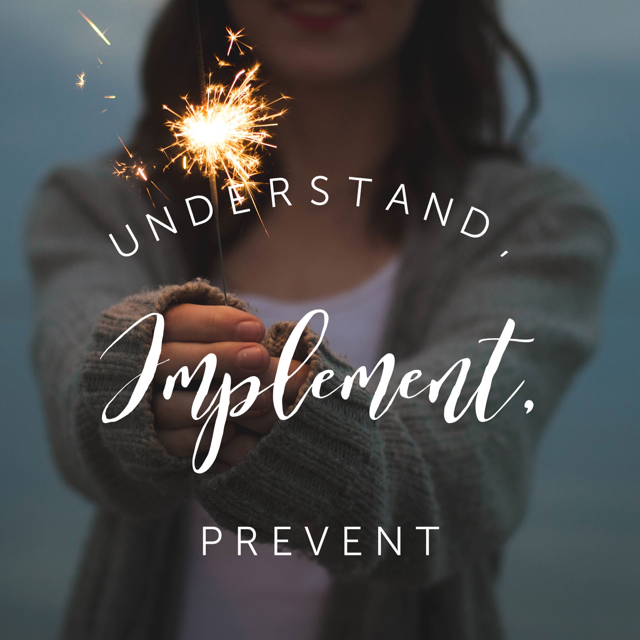Welcome to our 2nd Guest blog takeover.
Suicide is the biggest killer of men under 30; self-harm in teens has nearly doubled since 2007; in 2015 more than 1 million people were in touch with mental health services; nearly 80,000 teenagers are suffering with depression; 26% of teenagers in the UK experience suicidal thoughts; access to Childline counselling services has increased by 116% since 2010. What do these statistics tell us? That the mental health of our young people is declining, and we need to do something.
I am an Assistant Headteacher at The Priory School and my main role is to have the strategic overview of student wellbeing and mental health. Having been at this school for 8 years with a background as a head of year, I have had many dealings with students and parents. Over the last few years, I have seen a significant pattern shift. Whereas previously, I would speak to students and parents about behaviour, organisation, friendship issues and homework; now, I am working with families dealing with depression, self-harm and anxiety. As a result of this shift, as a school, we have needed to respond.
We are following the “understand, implement, prevent” model which I launched at our recent mental health conference for local secondary schools in October 2016. We all need to ensure that we understand mental health at a much greater level – that includes, staff, students and parents to ensure that we can respond to the changing needs of our young people.
How did we do it?
- We have upskilled our key staff with “Mental Health First Aid” training and we now have 16 fully trained staff members
- Annual self-harm training for all staff
- Awareness weeks on wellbeing and mental health for staff and students
- Annual wellbeing conference for 3 of our main feeder primary schools
- LGBT and sexuality support training for all staff from the charity Brook
- Parent portal – a section on our website with a range of excellent resources around mental health and wellbeing readily accessible by parents
- Half termly meetings with our CAMHS link worker to ensure we understand changes being made within the NHS
Once we have a better understanding of mental health and wellbeing, we can begin to implement appropriate strategies to support staff, students and parents.
What are we doing?
- We have employed a full time counsellor to work with students with a high level of need
- We are a placement school for level 5 trainee counsellors
- Peer mentoring for Y7 students to support transition into secondary school
- PENN resilience training for Key Stage 3 students
- LGBTQ+ drop in group
- Shelf Help – reading intervention in conjunction with the Reading Agency
- RSPH Health champions and an “emotional wellbeing committee” which is led by our health champion students
- Student directory of services to promote self-help and resilience
- Phase – in house mentoring and self-harm support group
- Parent support – we are in the process of working with Phase to launch a series of parent support groups, online parent resources like “ted talk” style video and a parent newsletter to give hints, tips and guidance on dealing with all things mental health and wellbeing related
- Bereavement support network for students
These are just some of the interventions what we offer our students, as well as delivering awareness assemblies, awareness weeks, form time sessions, our citizenship curriculum, annual wellbeing surveys for students, wellbeing sessions such as yoga and mindfulness colouring in and much much more!
What’s the point?
As a school, of course, we still have a wide range of mental health needs that we have to deal with, and in our experience the need is growing. But, over the last 2 years that we have been building this model around mental health and wellbeing, we feel much better equipped and prepared to be able to support students with these complex needs.
We are continuing to focus on early intervention so that we can prevent poor mental health from manifesting itself in the first place. But, if it does, we are secure in the knowledge that we have the skills, resources and necessary tools to be able to respond effectively.
As Steve Mallen the CEO of MindEd recently said “…We need to work together to give the NHS less to do!” – This is certainly something that we want to achieve for the young people of The Priory School, and together, I believe that we can.
Katie Southall
Phase is a charity which is dependent on donations. Text MAKE05 £5 to 70070 to donate £5 and help us provide support to young people






